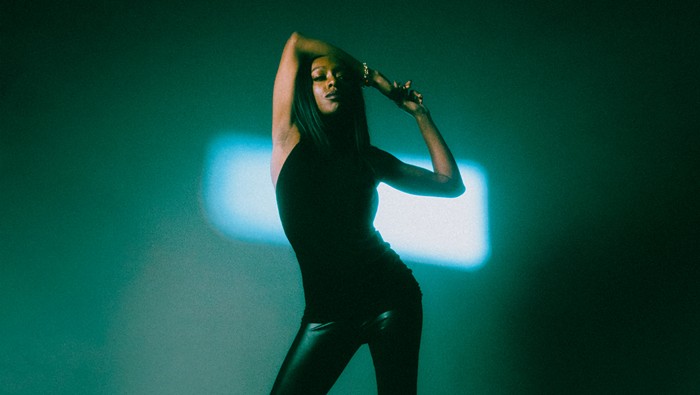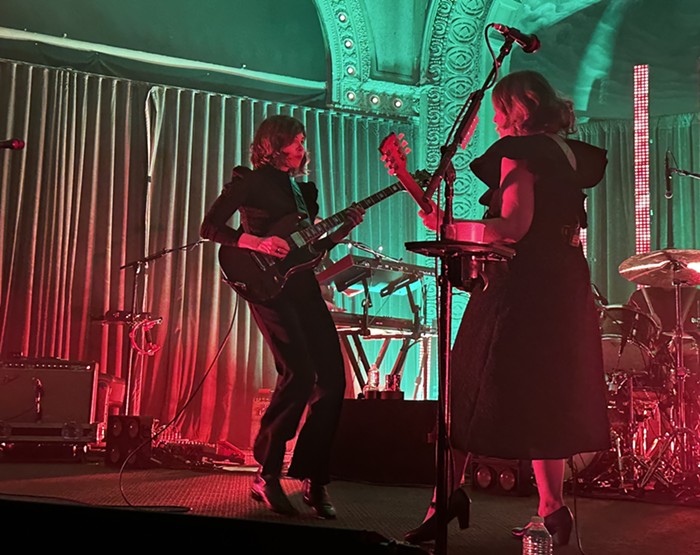The relationship between rock and electronic music tends to be a one-way street, with rock musicians more willing to dabble in electronic elements than electronic artists are eager to add a wailing guitar solo to the mix. But Minnesotan Andrew Broder—better known for his work as the chief songwriter and man behind the ever-changing band Fog—bucked tradition and went from the experimental electronic world to a traditional guitar/bass/drum rock 'n' roll trio.
Originally releasing albums for the well-respected British Ninja Tune label, Broder based his music on found-sound collages and impressive turntable skills, that—when matched with his warm voice—created a gorgeous atmosphere perfectly situated between labelmates the Cinematic Orchestra and Kid Koala. Fog kept things mellow, with the occasional up-tempo pop song thrown in as well (see "What a Day Day" from Ether Teeth), but their sound was as far from rock 'n' roll as possible. But after the release of 2003's Ether Teeth, Broder jumped ship to abstract hiphop label Lex, and the music of Fog made a change as well. The collages got noisier, the pop songs grew beat heavy, and his voice became more prevalent than it ever had before.
In a live setting, Fog was a different beast altogether. The previous one-man show now had a few sidemen, and soon, guitar, bass, and drums were rooted in every song. While the music is still a bit experimental, with Broder using guitar pedals to create some pretty interesting noises and loops, Fog is only a shell of its former electronic self.
The release of this year's Ditherer is the official start of Fog's rock age. Joined by Mark Erickson on bass and Tim Glenn on drums, Broder now is making the switch from turntable whiz kid to guitar god. But for as much as Fog has shifted through the years, it's still Broder's brainchild. Throughout it all, Fog has proven their ability to dramatically change, yet still be essentially the same.


















